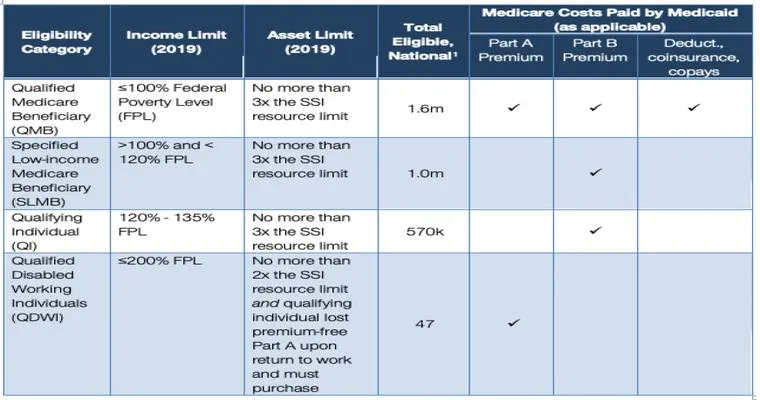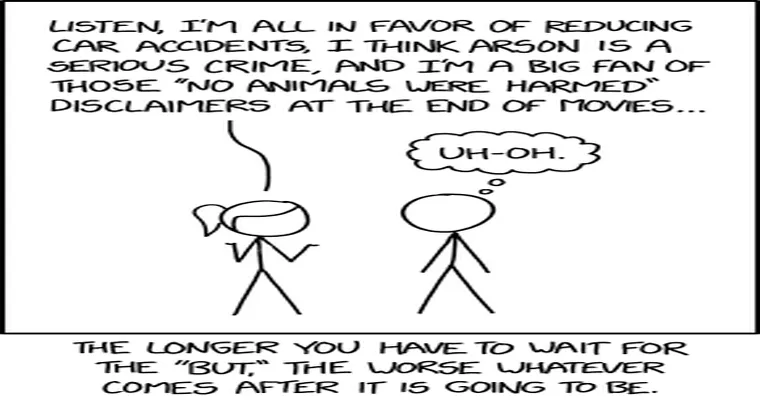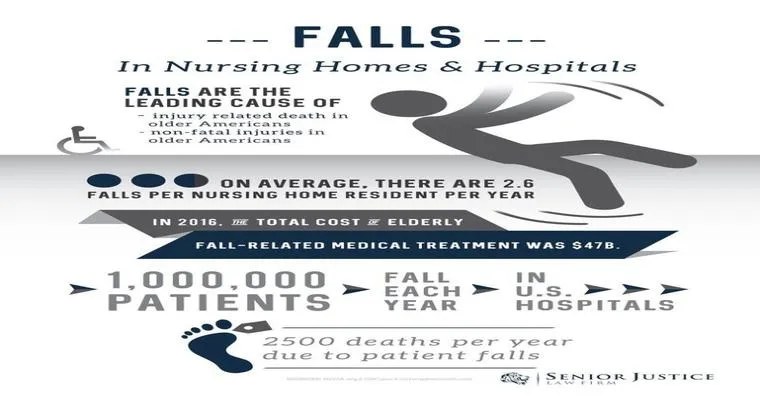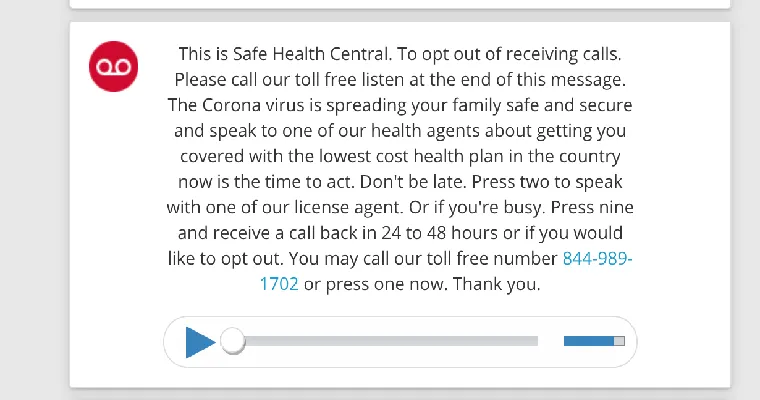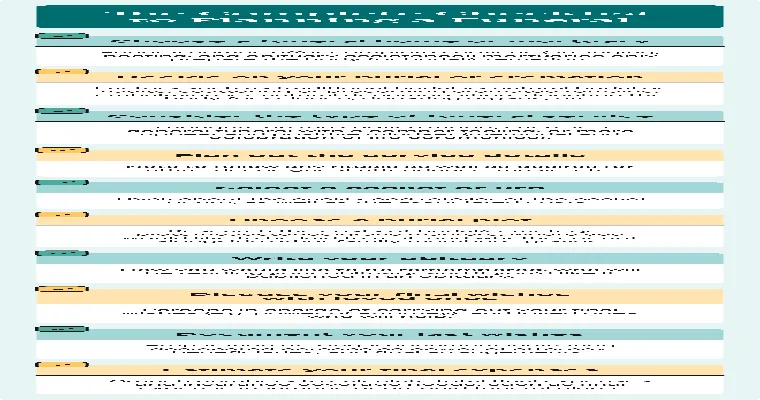Understanding what happens to a "checking account" after the death of someone on "Medicaid" can be complex, especially when the individual is not residing in a "nursing home" (NH). This situation often raises questions about the implications for the deceased’s bank accounts and assets.
When a person on Medicaid passes away, the state may have the right to recover funds from their estate to recoup costs associated with the Medicaid benefits provided. However, the specifics can vary based on several factors including state laws and the nature of the assets involved. Here are the key points to consider regarding a checking account in this context.
First, it is important to note that Medicaid has a "look-back period" of five years. This means that if the individual had made any significant transfers or gifts within this time, those transactions could potentially affect Medicaid eligibility. However, upon death, the focus shifts to what assets remain, including checking accounts.
If the deceased individual had a checking account solely in their name, it typically becomes part of their estate. The estate may be subject to "probate", a legal process where the deceased's assets are distributed according to their will or state law if there is no will. During probate, creditors, including the state for Medicaid recovery, may seek payment from the estate for any outstanding debts.
In cases where the checking account had a co-owner, the surviving account holder usually retains full access to the funds. This is crucial because it can prevent complications that arise from the deceased’s estate being tied up in probate. However, if the co-owner was also a Medicaid recipient, the situation could become more complicated, and legal advice may be necessary.
Another consideration is whether the checking account had a "payable on death (POD)" designation. If so, the funds in the account would go directly to the designated beneficiary upon the account holder's death, bypassing probate. This can be an effective strategy for ensuring that loved ones receive those assets quickly and without complications.
Additionally, states have different laws regarding "Medicaid estate recovery". Some states may only pursue recovery from certain assets, while others may attempt to recover funds from all assets owned by the deceased, including checking accounts. It is essential to understand your state’s laws to navigate this process effectively.
Lastly, if the deceased was receiving Medicaid benefits while living independently and not in a nursing home, the primary concern would be the estate's value at the time of death. If the total value of the estate, including the checking account, is below a certain threshold, it may not be subject to Medicaid recovery.
In conclusion, the fate of a "checking account" upon the death of someone on "Medicaid" who was not in a "nursing home" involves a series of legal and financial considerations. It is advisable for individuals in such situations to consult with an estate planning attorney or a financial advisor who specializes in Medicaid laws to ensure that their assets are protected and transferred according to their wishes.

